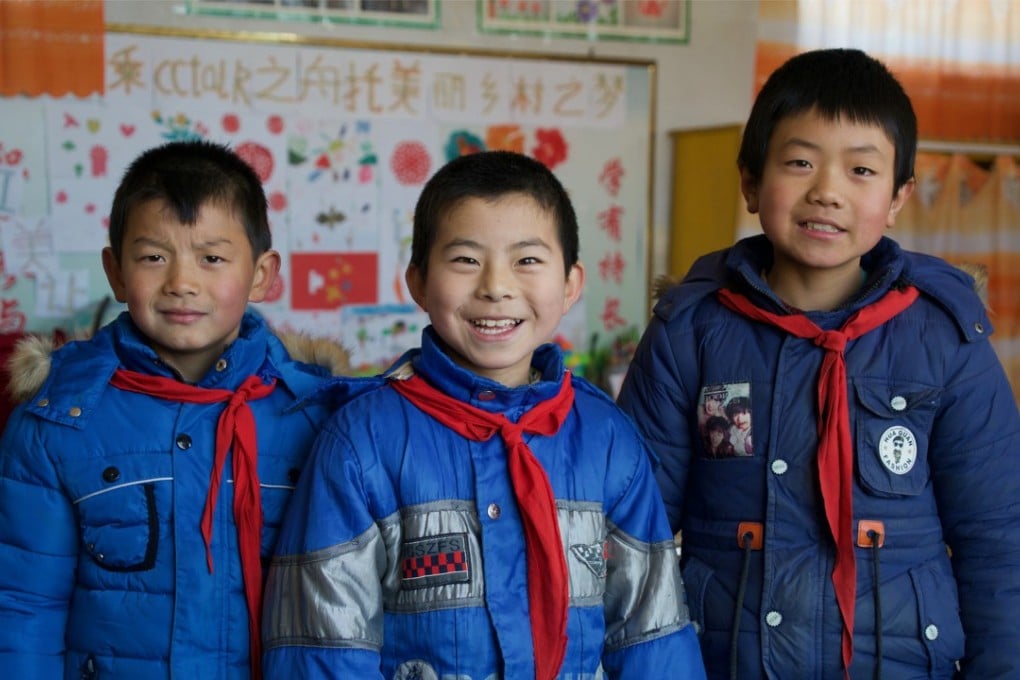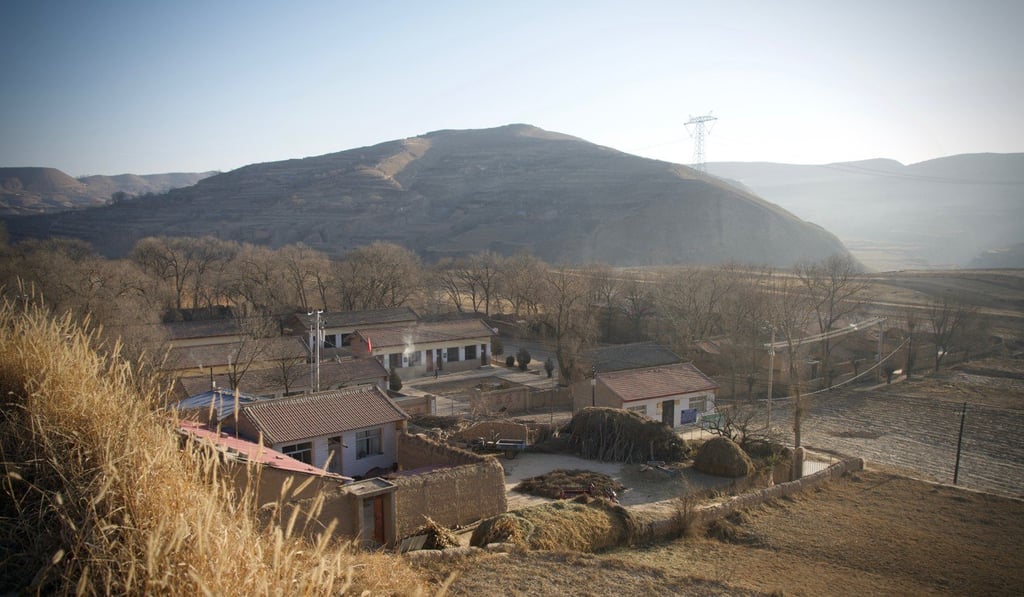Rural exodus leaves a shrinking Chinese village full of ageing poor, and only three children
A mountainous farming region in one of China’s poorest provinces feels the drain as young parents migrate to the cities, and those left behind struggle

In Lumacha village, tucked away in the mountainous regions of China’s northwestern Gansu province, a lone farmer toils silently in the fields, preparing the land for the year’s crop of wheat.
At this time of the afternoon several years ago, he might have heard the patter of tiny feet and the giggles of children as they ran about playing tag. But now, there’s hardly a child in sight.
The vast silence stretches all the way from the fields to the line of houses nearby, a stark reminder that the village is practically devoid of youth – almost everyone in the village is aged 40 and over. Most of the village’s younger adults have moved to the cities in search of job opportunities that pay better than farming, often taking their children with them.
“In the past, when it gets warmer after the winter, there would be many children running about and playing, shouting, having fun,” said Feng Ping, headmaster of Lumacha’s primary school.
“But nowadays, even when it’s the school holidays you hardly see a child anywhere. Not during the summer holidays, not during the winter holidays,” he said. “The children who go to the cities to study don’t come back.”
Gansu is one of China’s most impoverished provinces. Official figures show that its gross domestic product per capita in 2017 was just US$4,647 – about a quarter of the US$20,356 in Beijing and half the national average of US$9,311.
